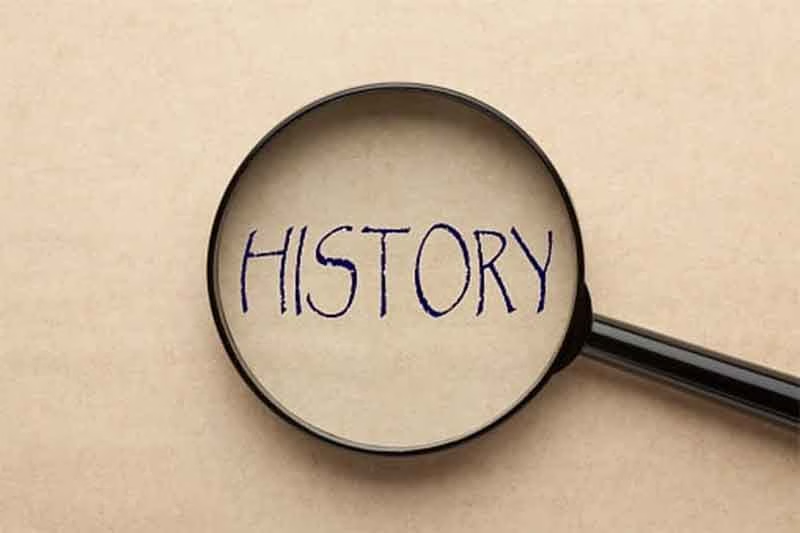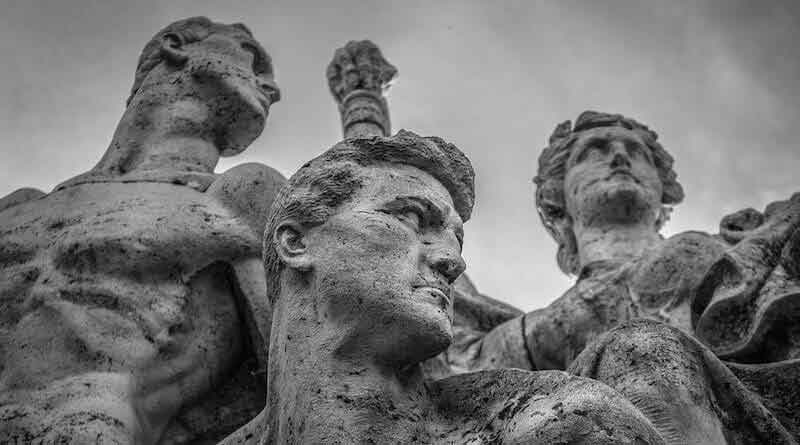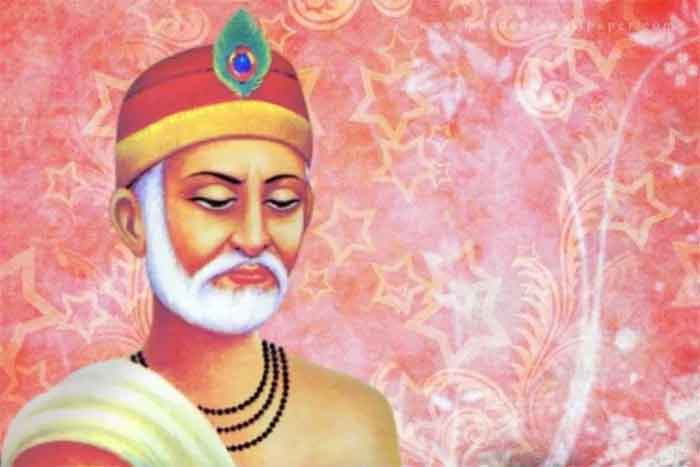
“Until the lions have their own historians, the history of the hunt will always glorify the hunter.” ― Chinua Achebe
After reading about some history or social history in my MA in Sociology, I started thinking about what I had learned in school history textbooks. I can barely remember what I studied, which is unusual. But one question stays in my mind—whose history have we been taught in schools?
We grew up memorising dates, battles, and the names of kings whose palaces still stand tall monuments of power, built on the backs of nameless labourers. But what of those who toiled under the sun, who bled in battles but never made it to the footnotes of history?
Like a film where only the hero matters while the others fade into the background, our school textbooks told us a story of rulers, empires, and conquests, never the stories of those who cooked their meals, dug their wells, or died in their wars. History, in school, was a grand stage play where only kings had speaking roles. The rest? Silent spectators.
Isn’t it funny how we know Ashoka’s remorse after Kalinga but not the cries of the soldiers who fell? How do we debate Aurangzeb vs. Akbar but never ask who made the bricks of the Red Fort? We celebrate history as a parade of power, yet it is the uncelebrated, the ordinary, and the oppressed who truly shape the world.
So, it must be asked, was it history we learned, or just a selective script written by the victors?
I did my schooling in a CBSE school in Gorakhpur, and I revisited NCERT textbooks to understand how history was taught to us. In this essay, I will reflect on my ideas about history after reading school textbooks again.
I remember that history in Class 6 started with prehistory and then covered the Indus Valley Civilisation, ancient Indian empires, medieval history, and modern history in Class 8. In Class 10, we studied world history. I did not choose history in Classes 11 and 12, so I will only talk about history taught in Classes 6–10. One thing was very common in school history, it was always about kings, rulers, and “great” people. I used to tell my friends about Ashoka and his lineage, the Delhi Sultanate, the Mughal Empire, different wars, capturing power, and the kings’ family trees. This was the history we thought of.
For modern history, we learned only a few facts about the Indian National Congress, the Swadeshi movement, Gandhi, and the freedom from British rule. The focus was mainly on a few leaders and the British government.
Now, when I think about my school history lessons, I ask myself, whose history have we been taught? Was it the history of India or just the history of some kings and rulers?
Rulers and governments are indeed an important part of history, but why did we study so much about power struggles and dynasties? Is this history? The palaces and monuments, which were sometimes built with forced labour, are now called our heritage. But why should something created for kings’ comfort be called our culture? In school, we thought of history as the history of kings and wars. But is this history? Take any war, Haldighati, Panipat, Kalinga, any war. Was it only about two armies fighting and one winning?
What about the daily lives of soldiers? How did they eat? Where did they defecate in such large numbers? When they returned home, what did they bring back? Who were these people fighting? From which social class did they belong? What happened to their dead bodies and their families?
Today, many questions come to my mind, but in school, history was only about dates, battles, and kings. There was almost no description of wars, just names and years.
What about my history? What about the history of my family?
I know the history of some random kings, rulers, and sages, but I do not know the history of my own community. Why has the history of a few people become the history of all of India? Where is the history of caste, religion, region, and common people? The NCERT textbooks do not focus on the history of common people, lower castes, women, or marginalised groups (Guha, 1998). Instead, they mainly talk about kings, empires, and politics.
But history is also about the people who lived under these kings, the ones who built their palaces, fought their wars, paid their taxes, and suffered their decisions (Chakravarti, 1998). If history is only about rulers, how can we understand society, culture, and the struggles of people? A true history of India should not just include kings and wars, but also the lives of farmers, workers, artisans, and lower-caste communities.
Subscribe to Our Newsletter
Get the latest CounterCurrents updates delivered straight to your inbox.
The history we learned in school was not the history of all people, it was primarily the history of rulers, dynasties, and a few political leaders. It emphasised wars, royal families, and political transitions, while largely ignoring common people, lower castes, and marginalised groups.
Sunit Singh is MA Student, Department of Sociology, Delhi School of Economics, University of Delhi
References
Chakravarti, U. (1998). Rewriting history: The life and times of Pandita Ramabai. Zubaan.
Guha, R. (1998). Dominance without hegemony: History and power in colonial India. Harvard University Press.
Thapar, R. (2002). The past as present: Forging contemporary identities through history. Aleph Book Company.
















































